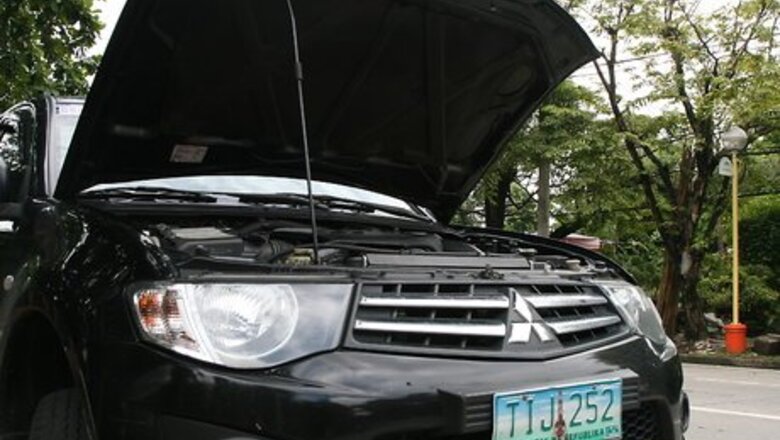
views
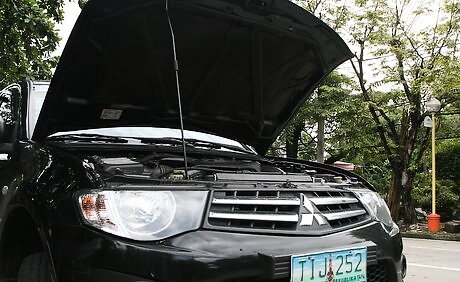
Keep your car properly maintained by doing all of the scheduled maintenance in a timely manner. Changing your oil, air filter, and performing tune-ups is critical in order for your car to run properly and efficiently.
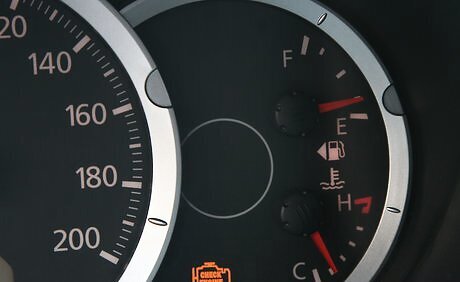
If the Check Engine Light ever comes on, take your car to a qualified repair shop to have the problem properly diagnosed and repaired. The purpose of the Check Engine light is to warn you that your emission control system is malfunctioning and that your vehicle is releasing harmful emissions that is 150% over the EPA allowed maximum limit. While your car is in this state it can put extra wear on the catalytic converter and could cause other more expensive problems! Note: No car will pass a smog test if the Check Engine light is on. If you take your car in for a test with the Check Engine light on, you will fail. Be sure to take your car to the mechanic when the light turns on, and before taking it in for a test so you don't waste your time.Stop an Engine from Overheating Step 5Bullet1.jpg
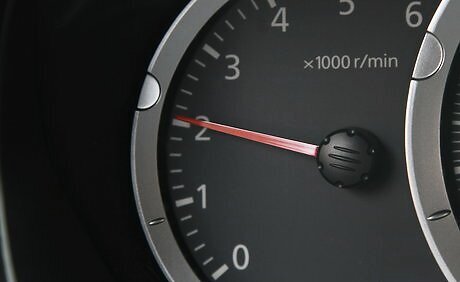
Make sure that your car idles smooth and drives properly. Any roughness in the performance of the engine will have an impact on the results of your smog test. Also, if your car smokes or over-heats, you may not pass the smog inspection. Smoke from the tailpipe and a hot running engine create high levels of harmful emissions.
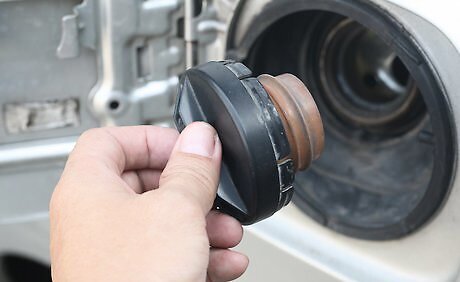
Be sure that your gas cap fits properly. If there is any doubt about your gas cap, get a new fuel cap from the dealership only; many after-market fuel caps don't comply with the factory specifications and could cause more problems than they are worth.
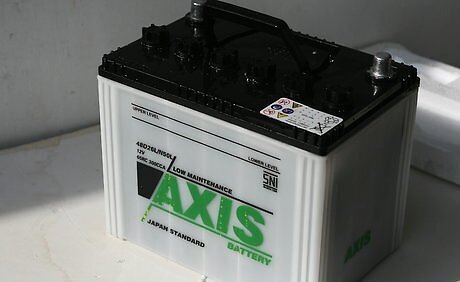
Have a good quality battery installed. If you have to jump-start your car on any type of regular basis, you may fail the smog test computer OBD-II self-test section.
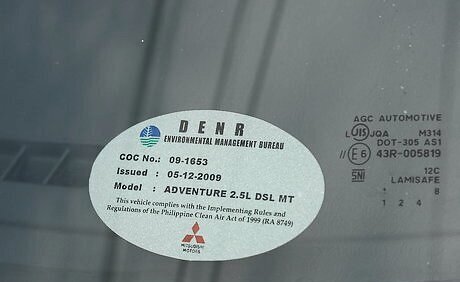
Have a smog pre-test performed if you have any real doubts about your car passing. This is a genuine smog test but is done off-line so the state does not "see it." If there is any problem, you can resolve it without being "tagged" by the state whereby you may have to get into a long bureaucratic process in order to get your car to pass smog. Simply take your car to a smog test station and ask if they can provide a "Pre-Test."Know if Your Car Will Pass Smog Step 6Bullet1.jpg They will charge you the same cost for a pre test as a regular test (minus certification), but you may save a lot of money compared to being flagged as a polluter.Know if Your Car Will Pass Smog Step 6Bullet2.jpg If you are flagged as a "gross polluter," you will have to go to a "STAR" repair station that will cost you considerably more money than a regular repair station. If you think there is any risk of being flagged as a gross polluter, do the pre test first.
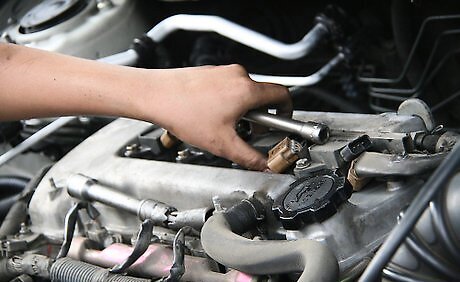
Take your car to a licensed emissions technician for any needed repairs. Though your regular shop may be qualified to do your scheduled maintenance, emissions repair is very technical and requires years of training. More and more states require a four-year degree in automotive technology to become an emissions repair tech. The mechanic will also have to be licensed by the state to become certified.
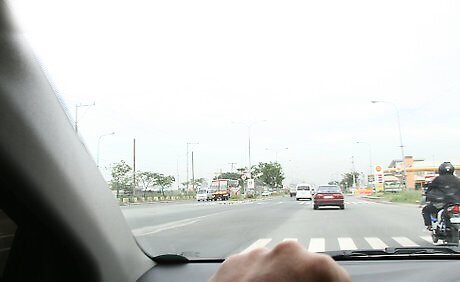
Consider driving your car for about 20 minutes on the freeway before taking the smog test. Doing this makes sure that the catalytic converter is completely warmed up. When you get to the testing center, don't shut your car off; stay with it and let it idle so the emission controls system stays warm. Many cars fail the smog test because the car sat for 30 minutes and cooled off before being tested. If you have to sit in a long line at the test center then put your car in park and hold your RPM’s up to about 1200 to 1500 just before it is your turn. This will burn off any excess fuel from extended idling. Some cars also have the new auto stop and will shut off your engine at stops.
















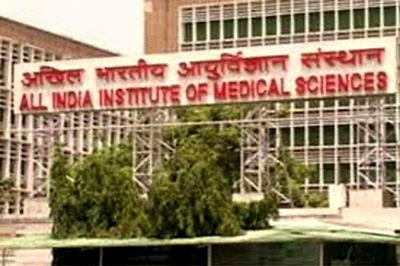

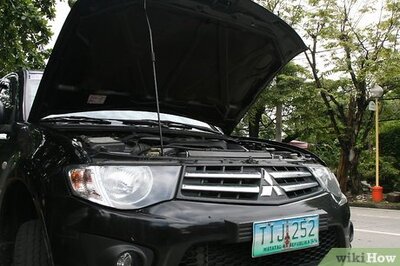

Comments
0 comment